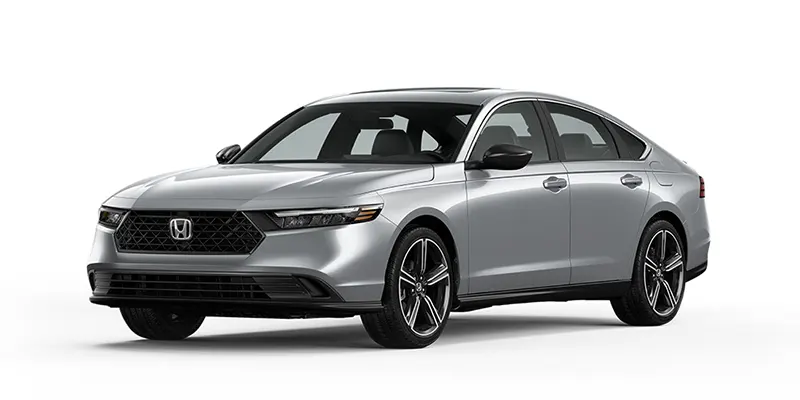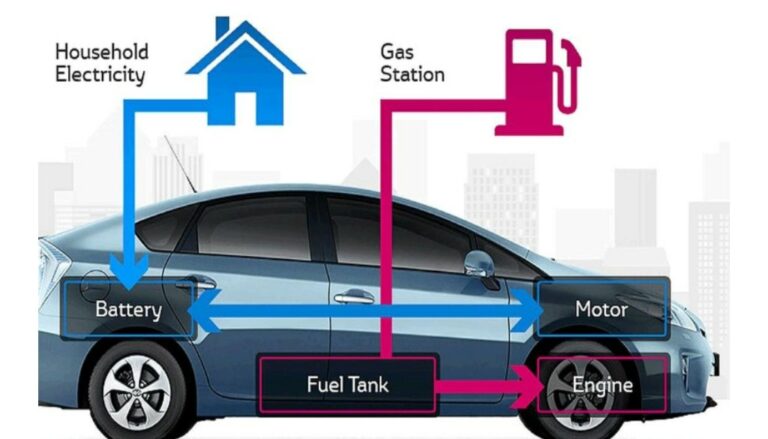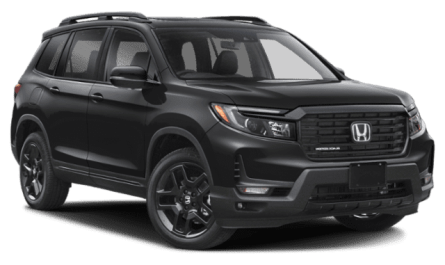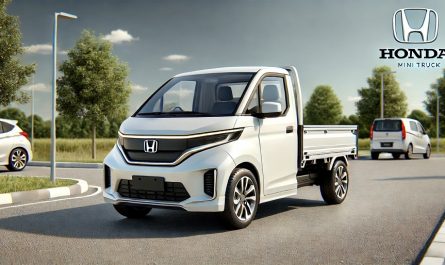
Hybrid cars have become a hot topic, but the question remains: what exactly are they, and do we need their lives? With the shift toward more eco-friendly options, hybrid vehicles are no longer confined to cars alone; we now see hybrid technology trickling down to two-wheelers, too. post will explain what hybrid cars are, how they work, and whether they are on today’s roads.
What is a Hybrid Car?
A hybrid car is a vehicle that uses more than one source of power to run. The most common example is a combination of a fuel engine (usually petrol or diesel) paired with an electric motor, running off a battery. Unlike regular cars that depend only on diesel, hybrids can switch between fuel and electric power for improved efficiency.
For example, the Toyota Camry Hybrid has a 2.5-liter gasoline engine and a battery, working together to propel the vehicle. The petrol engine gives you a long-distance range, while the electric motor adds efficiency, especially in city driving conditions.
How Hybrid Cars Work
Hybrid cars use a dual-power source system to function seamlessly. Here’s how it works:
- At lower speeds or when there’s less load on the car, the electric battery powers it.
- As the load or speed increases, the car shifts to the petrol engine.
- Notably, the battery charges on its own – this means that you do not need to plug the car in to recharge it. The process happens through regenerative braking and the petrol engine itself.
Let’s break it down:
Self-Charging Mechanism
One of the standout features of hybrid cars is their self-charging battery. You don’t need an external power source to charge the battery – the petrol engine itself charges the battery when the car is moving. Additionally, regenerative braking plays a key role. Every time you brake, the car collects energy and sends it back to the battery.
In simple terms, the car powers itself while you drive, leading to greater fuel efficiency.
Smooth Transition Between Power Sources
When you start a hybrid car like the Toyota Camry, chances are the petrol engine won’t immediately kick in. Instead, the car runs on its electric motor, especially when the load is minimal or when driving at slow speeds. As the demand for power increases – say, when speeding up or carrying more load – the system switches to petrol.
This shift is smooth and largely unnoticeable. For city driving, you might find yourself running mostly on battery power, which contributes to better mileage and reduced emissions.
Benefits of Hybrid Cars
Better Mileage and Lower Emissions
Hybrid cars are known for their impressive fuel efficiency. For example, while driving the Toyota Camry Hybrid in Mumbai’s traffic conditions, you could get around 30 to 32 kilometers per liter, which is excellent considering many conventional cars give far less in heavy traffic. This makes hybrid cars ideal for city driving, where stop-and-go traffic can otherwise cause poor fuel economy.
Moreover, with the use of battery power, hybrid cars produce fewer emissions, which is a major reason why they’ve become popular globally. The reduced reliance on fuel during low-speed city driving helps keep emissions in check.
Less Engine Wear and Tear
Since hybrid cars split the power load between the petrol engine and electric motor, the stress on the engine is reduced. This can extend the life of the car’s engine and even reduce maintenance costs in the long term. For buyers who are looking for a more reliable and long-term vehicle, this aspect makes hybrids an attractive option.

No Need for Extra Charging Infrastructure
One of the biggest advantages of hybrid cars in a country like India is that they don’t require dedicated electric charging stations. Charging infrastructure for fully electric vehicles (EVs) is still underdeveloped in many parts of the country. However, with hybrids, this concern is eliminated since they charge themselves.
Types of Hybrid Cars
While hybrid technology is not brand-new, it keeps evolving. There are now three main types of hybrid cars:
- Mild Hybrids: These are basic hybrids where the petrol engine does most of the work, but the battery provides support during certain conditions, like stop-start traffic. We’ve seen this system in use in a few cars in the Indian market.
- Regular hybrids: These include cars like the Toyota Camry Hybrid. The battery here plays a more substantial role, and the car can run either on electric power or fuel, switching between the two as needed.
- Plug-in Hybrids: As the name suggests, you can externally charge these cars, and their batteries are larger. This allows for longer periods of electric-only driving before the petrol engine kicks in.
For typical city driving, regular hybrids are ideal, as they save fuel and reduce carbon emissions. Plug-in hybrids, on the other hand, are better suited for those who want the option of driving on electricity for longer without relying on the petrol engine.
Are Hybrid Cars the Future?
With the rise of fully electric cars, many wonder if hybrids are still a valuable option. While it’s true that electric cars are gaining popularity, especially in Western markets, the situation in India differs. The infrastructure for electric vehicles hasn’t yet caught up to support widespread usage. Charging stations are scarce, and long-distance driving in an EV can be inconvenient due to limited range and charging facilities.
This is where hybrid cars make perfect sense. Since they don’t rely on external electric charging, you can drive them just like a normal car – all you need is fuel. At the same time, you enjoy the benefits of electric power, such as better mileage and lower emissions. Hybrids offer the best of both worlds and are suited for intercity as well as long-distance travel.
Conclusion
Hybrid cars are undoubtedly a smart middle ground between traditional fuel-powered vehicles and fully electric cars. Given the challenges with electric infrastructure in regions like India, hybrid vehicles offer a practical and future-proof solution. They provide better mileage, lower emissions, and reduced stress on car engines, making them ideal for city driving.
So, is it time to get a hybrid? It depends. If you’re environmentally conscious but still need the ease of a fuel station over a charging point, hybrids are an excellent option. What do you think about hybrids?


